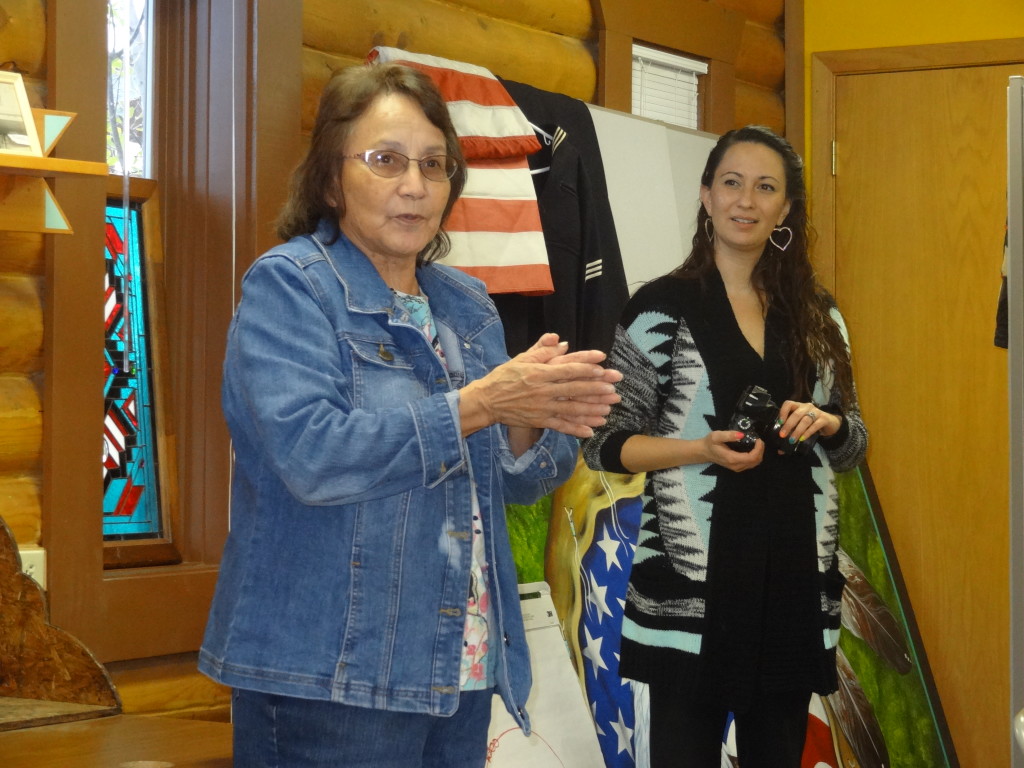 IA2 and the Michigan Public Health Institute jointly conducted a project, funded by the Centers for Disease Control and Prevention (CDC) to help prevent sudden unexpected infant deaths (SUID) in four American Indian tribes.
IA2 and the Michigan Public Health Institute jointly conducted a project, funded by the Centers for Disease Control and Prevention (CDC) to help prevent sudden unexpected infant deaths (SUID) in four American Indian tribes.
The 1,000 Grandmothers project, developed in conjunction with IA2’s leadership, piloted an innovative model
for reducing childhood deaths in Native communities. AIAN communities experience SUID rates more than three times as high as the mainstream U.S. population. The IA2 project team developed collaborative relationships with selected elder tribal participants–especially grandmothers–to conduct focused mentoring and education for young tribal mothers.
 The pilot project was implemented in geographically and culturally diverse tribes—the Turtle Mountain Band of Chippewa Indians in North Dakota, the Eastern Band of Cherokee Indians in North Carolina, and the Hannahville Indian Community (Potawatomie), and the Sault Ste. Marie Tribe of Chippewa Indians—both in Michigan’s Upper Peninsula.
The pilot project was implemented in geographically and culturally diverse tribes—the Turtle Mountain Band of Chippewa Indians in North Dakota, the Eastern Band of Cherokee Indians in North Carolina, and the Hannahville Indian Community (Potawatomie), and the Sault Ste. Marie Tribe of Chippewa Indians—both in Michigan’s Upper Peninsula.
In all four pilot sites, the interactions between elders and new parents resulted in positive exchanges, punctuated with laughter and traditional storytelling. According to one project director, “Three teen residents, staff, and elders all cried, prayed, and hugged. The staff were so impressed with the meeting they called the next day and asked for them to come back.” Pre- and post-interviews and quantitative assessments indicate that educational strategies were effective, and that both elders and young mothers learned much about safe sleep. Final project deliverables included a draft curriculum and comprehensive final report to CDC.
